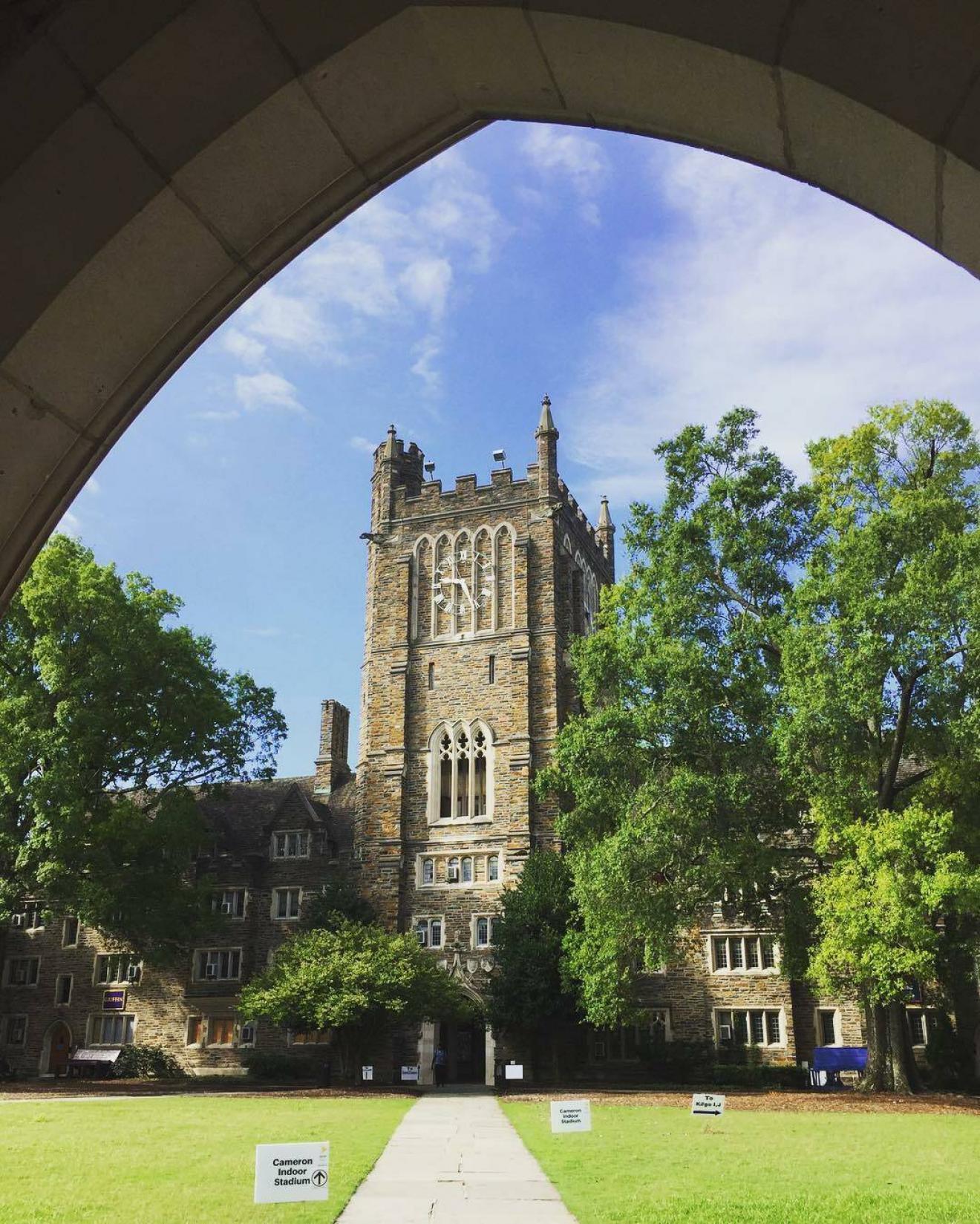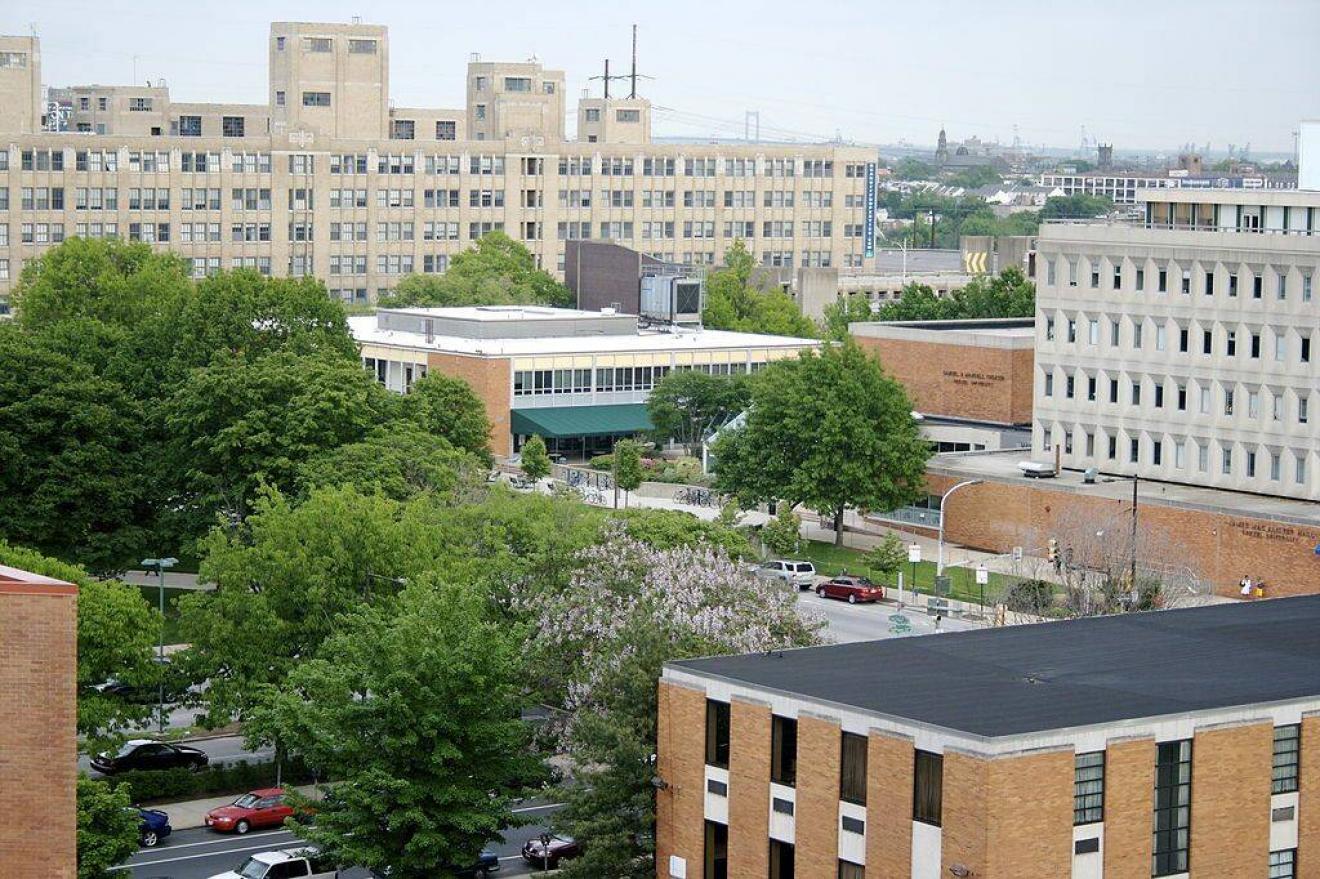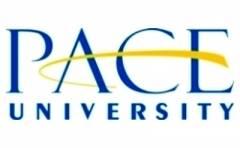Best Physician Assistant colleges in the U.S. 2025
Upon completing a physician assistant degree, students will be able to integrate ethical and moral behavior into the practice of medicine, develop and demonstrate problem solving and decision making skills, and identify and deliver health promotion and disease prevention to patients. Students interested in becoming a physician assistant must be compassionate and attentive. Instruction is in anatomy, physiology, chemistry, biology, pharmacology, clinical procedures, and ethics in physician assistant practice. There are specialized preparations in fields such as family medicine, pediatrics, behavioral medicine, and community health services.
Physician assistants diagnose illnesses, assist in surgery, examine patients, and provide treatment under the supervision of a physician. In addition, they refer patients to other health care providers or agencies when appropriate. To become a physician assistant, students must graduate from an accredited PA program, pass the Physician Assistant National Certification Exam (PANCE), and obtain licensing in the state where they will practice. Because the health care environment is constantly changing, it's important for students to be able to adapt quickly and keep up with the latest trends before renewing licenses and certifications. Physician assistants can work in any specialty: internal medicine, emergency medicine, surgery, occupational medicine, and pediatrics are just a few.
Click Here to See the Best Colleges in the USBest Physician Assistant colleges in the U.S. for 2025
Founded in 1836, Atlanta, Georgia’s Emory University is tied to the largest healthcare system in the state — Emory Healthcare, which features seven hospitals. It’s no surprise that the Emory School of Medicine’s Physician Assistant programs are universally acclaimed! The school features two graduate options — a Master of Medical Science in Physician Assistant Degree and a Master of Medical Science in Physician Assistant Degree and Master of Public Health Dual Degree. The latter prepares graduates to work in such areas:
- Population health
- Clinical research
- Health administration leadership
- Global healthcare
- Community health promotion
There are also undergrad medical degree options that may serve as a foundation for a PA master’s degree.
Oklahoma City University offers 1 Physician Assistant degree programs. It's a small, private not-for-profit, four-year university in a large city. In 2022, 34 Physician Assistant students graduated with students earning 34 Master's degrees.

Often mentioned alongside the Ivy League schools, Duke is renowned for its commitment to academic excellence. With a $12.7 billion endowment, the school features world-class facilities and faculty providing PA students one of the best educational experiences possible.
Indeed, Duke hails itself as the “birthplace of the PA profession!” The Duke Physician Assistant Program’s Master of Health Sciences lasts 24 months “split between the pre-clinical and clinical phases of the program.” Admission standards are high, as is the competition to get in, but graduates from Duke are well-prepared for some of the best jobs in the industry.

Founded in 1891, Drexel is a small, private university in Philadelphia, Pennsylvania with a long history of utilizing cooperative education to allow for more practical experience. Taught through its College of Nursing and Health Professions, Drexel’s Master of Health Science - Physician Assistant was designed to “develop graduates who are competent, caring physician assistants, possessing the skills of life-long learning needed to incorporate new knowledge and methods into their practices and to adapt to a changing medical environment.” There’s also an exciting BS/MHS Bridge Program for Physician Assistant Option which allows students to complete studies a year earlier than average! Drexel is known for its vast online offerings, as well, so some undergrad courses may be completed remotely.

Established via an act of Congress, George Washington University is one of the nation’s only federally chartered universities. It’s affiliated with the GWU Hospital in Washington D.C., making it a convenient option for healthcare students doing clinical rotations.
GWU offers two PA paths — a Master of Science in Health Sciences and the dual MSHS/Master of Public Health with track options in Community Oriented Primary Care, Health Policy, Epidemiology, Environmental Health Science & Policy, Global Environmental Health, or Maternal and Child Health.

Often hailed as a Public Ivy school, the University of North Carolina at Chapel Hill is home to the School of Medicine's Department of Allied Health Sciences. The department offers a rigorous Master of Health Sciences in Physician Assistant Studies featuring rotations in “Family Medicine, Internal Medicine, Women’s Health, Pediatrics, Behavioral Health, Emergency Medicine and Surgery as well as Primary Care and two elective rotations.”
UNC also hosts the student-run Carolina Pre-Physician Assistant Association, which advocates for the “rights, interests, and welfare of students planning to pursue careers as physician assistants.” UNC Online previously offered online programs, but recently announced it is retiring those.
Located in Macon, Georgia, Mercer University has been producing high-achieving alumni since opening its doors in 1837. The institution’s College of Health Professions has a few exciting options for PA studies, including a 28-month Master of Medical Science (MMSc) offered at the Atlanta campus or a combined MMSc/Master of Public Health.
There are also two Accelerated Special Consideration Programs for Physician Assistant paths — one leading to a BS in Health Sciences and the other a BS in Public Health. Both allow students to proceed from their BS to a Master of Medical Science in about six years. Mercer also offered numerous online courses and programs related to healthcare.
Seton Hall is a private Catholic university located in South Orange, New Jersey, just 14 miles from New York City. Founded in 1856, Seton Hall is known for its range of acclaimed programs, including those offered by its Department of Physician Assistants.
PA students have two excellent program options, the first being a Master of Science in Physician Assistant with 52 weeks of clinical experience (and a 98% PANCE pass rate for grads!). The other option, made for undergrads, is the six-year Dual Degree Program B.S. in Biology/Master of Science in Physician Assistant, with juniors in good standing invited to start graduate studies in the PA program during their senior year.
D'Youville University offers 2 Physician Assistant degree programs. It's a small, private not-for-profit, four-year university in a large city. In 2022, 70 Physician Assistant students graduated with students earning 35 Bachelor's degrees, and 35 Master's degrees.
Pace University offers 1 Physician Assistant degree programs. It's a large, private not-for-profit, four-year university in a large city. In 2022, 135 Physician Assistant students graduated with students earning 135 Master's degrees.
Find local colleges with Physician Assistant majors in the U.S.
What is Physician Assistant?
As the name implies, physician assistants (PAs) support physicians and other medical team members by working together to examine, diagnose, and treat patients in clinical settings. PAs aren’t doctors, but their duties require specialized education in a wide range of healthcare topics.
To be qualified for the position, a physician assistant must complete at least a master’s degree program accredited by the Accreditation Review Commission on Education for the Physician Assistant, Inc. Prior to tackling graduate-level academics, many students complete EMT / Paramedic training and earn their bachelor’s in a healthcare-related major. These undergraduate skills lay a solid foundation for the rigors of a Master’s in Physician Assistant school program.
Physician Assistant Degree Overview
Before enrolling in a Master’s in Physician Assistant Studies program, many students are first exposed to basic healthcare training via an associate degree in Emergency Medical Technician (EMT) or Paramedic Studies. Having ample real-world patient care experience as an EMT or Paramedic can help applicants be more competitive for entrance into good programs.
From there, students may enroll in a Bachelor’s in Health Science or something similar. After (or as part of) the bachelor’s, students gain practical clinical work experience before applying to a graduate program.
Once a candidate is accepted into a Master’s in Physician Assistant program, they generally finish in two years of full-time study, which will include supervised clinical rotations. These clinical experiences may involve family medicine, internal medicine, emergency medicine, or pediatrics. PA programs cover numerous subjects such as pathology, human anatomy, physiology, clinical medicine, pharmacology, physical diagnosis, and medical ethics.
Programs must be properly accredited to qualify graduates for pre-licensure testing. All states require PA candidates to take the National Commission on Certification of Physician Assistants Physician Assistant National Certifying Examination (PANCE).
Associate Degree in Physician Assistant
Associate of Applied Science in Paramedicine
For those who plan to complete a bachelor’s, an associate degree is not technically necessary. However, this degree offers foundational knowledge and skills that PAs will need. Many paramedic programs require that applicants first complete an EMT course and have a few months of work experience.
Paramedic programs build on EMT skills to teach students how to “quickly assess a situation and provide care with minimal risk to patients.” Many programs incorporate clinical rotations and field internships teaching
- “Advanced medical interventions
- Ways to ‘assess traumatic injuries’
- How to work within the larger system”
Paramedic programs should be accredited by the Commission on Accreditation of Allied Health Education Programs (CAAHEP) or have a CoAEMSP Letter of Review.
A paramedic associate degree generally requires 60+ semester credit hours and can take two years to complete, if attending full-time. Some programs offer expedited courses so students can finish faster. Paramedic students also must fulfill clinical rotation requirements in the field.
Upon completing this degree, graduates can take the National Registry Emergency Medical Technician cognitive and psychomotor exams. Graduates can also complete additional programs and certifications:
- ECG/Pharmacology
- Advanced Cardiac Life Support
- Pediatric Advanced Life Support
- EMS Safety
- Prehospital Trauma Life Support
Bachelor's Degree in Physician Assistant
Bachelor of Science in Health Sciences
There are different bachelor’s degree options, but in general, a Bachelor of Health Sciences is a strong fit for students who plan to become PAs.
This bachelor’s degree typically requires 120 semester credit hours and takes four years to finish, if attending full-time. Part-time attendance may take twice as long, depending on courseload. Note, a bachelor’s will not qualify you to be a physician assistant; that requires a master’s.
Many working students or students with families opt to enroll in online or hybrid programs.
Master's Degree in Physician Assistant
Master of Science in Physician Assistant Studies
The last step on the journey to becoming a qualified PA is a Master of Science in Physician Assistant Studies. This degree may take 24 months or more to finish, if going to school full-time. There will also be supervised clinical rotations required.
A sample core curriculum for a Master of Science in Physician Assistant Studies at Stanford University features such courses:
- Foundations of Clinical Medicine
- Foundations of Clinical Neurosciences
- Histology
- Embryology
- Clinical Anatomy
- Principles of Clinical Medicine
- Practice of Medicine
- Clinical Therapeutics
- PAs in Health Care
Depending on the student’s bachelor’s degree curriculum, PA master’s students may have to complete prerequisites such as these:
- Human Anatomy & Physiology
- Microbiology with lab
- General Chemistry
- Organic Chemistry
- Biochemistry
- Psychology
- Statistics
Note, some colleges offer accelerated dual degree Physician Assistant programs allowing students to earn their bachelor’s and master’s in five years, if going full-time. Part-time students may need twice as long to complete all academic work, depending on course load. Some courses may be offered online or via hybrid format, but clinical rotations are done in-person at various settings.
Doctoral Degree in Physician Assistant
Doctor of Science in Physician Assistant Studies (DScPAS)
A Doctor of Science in Physician Assistant Studies degree is an optional route for Physician Assistants who wish to advance their skills and boost their credentials. A DScPAS program may require candidates to hold a Master of Physician Assistant Studies degree with a minimum GPA. Work experience may be preferred and state licensure may also be required for admittance.
DScPAS programs often feature concentration options such as Health System Administration, Educational Leadership, or Global Health. A capstone project is usually required. In total, this degree can take three years, not counting postgraduate clinical residency requirements.
Certification and Licensure in Physician Assistant
Following the completion of a master’s physician assistant degree, graduates may take the Physician Assistant National Certification Examination (PANCE). Test takers have up to six years to take and pass the exam and are allowed six attempts during that time period. Failure to obtain a passing score in the allotted time frame requires candidates to “enter into and complete an unabridged ARC-PA accredited PA educational program,” per NCCPA.
Per the American Academy of Physician Associates (AAPA), “if you pass the PANCE and maintain your certification, you may use the title Physician Assistant-Certified or PA-C.” Following the successful completion of all academic and work experience requirements, as well as achieving a passing PANCE score, PA candidates must apply for state licensure prior to being able to see patients. The AAPA lists contact information for every state licensing board, which can provide full and up-to-date details on further, state-specific requirements for getting and maintaining a license.
EMT Training Program
There are several organizations offering basic EMT educational programs where students can complete the minimum-needed 170 hours of training to get certified. Skills learned include:
- Patient assessment
- How to determine life-threatening injuries/illnesses
- Splinting
- Administering epinephrine
- Administering CPR or oxygen
- Bag valve mask ventilations
- Newborn delivery practices
- Medication administration
An EMT program doesn’t require prior medical experience and can qualify graduates for the National Registry Emergency Medical Technician cognitive exam. In addition to passing the NREMT exam, EMT candidates must also pass a state-administered, demonstration-based test to show they can apply the knowledge and skills they acquired. After certification, they can start working and gaining practical experience necessary to work as a PA.
What Can I Do with a Degree in Physician Assistant?
There are several positions that graduates with a Physician Assistant degree can apply for. Here are the top-earning ones!
Physician Assistant
PAs work with medical teams in healthcare settings to help examine, diagnose, and treat patients. They require a Master of Science in Physician Assistant Studies degree and a state license to work. Most work in physicians’ offices or hospitals, but some serve in outpatient care centers or schools. Schedules are usually more than full-time, and may involve nights, weekends, and holiday shifts.
- Median salary: $121,530
- Top 10% of earners: $164,620+
Emergency Medicine Physician Assistant
EMPAs also need a Master of Science in Physician Assistant Studies and a state license. They work in a wide range of critical environments, such as emergency departments, critical care units, urgent care settings, observation units, stroke centers, and ground/air transport. The Society of Emergency Medicine Physician Assistants (SEMPA) notes that PAs in the emergency department must “develop or maintain qualifications through:
- “Ongoing emergency medicine training and CME in emergency medicine;
- Experience in emergency medicine as a PA;
- Graduate of emergency medicine physician assistant residency.”
SEMPA suggests EMPAs consider obtaining the NCCPA Certificate of Added Qualifications in Emergency Medicine.
- Median salary: $160,000
- Top 10% of earners: $266,000+
Pediatric Physician Assistant
Pediatric PAs hold a Master of Science in Physician Assistant Studies degree and often an NCCPA Certificate of Added Qualifications in Pediatrics. As spelled out by ZipRecruiter, they “specialize in care for children. Their responsibilities include treating, examining, and diagnosing their young patients, as well as reviewing and updating patient records. They assist the physician in routine and emergency care, like setting broken bones or providing a vaccine.”
- Median salary: $163,000
- Top 10% of earners: $265,000+
PAs have many intriguing options beyond clinical settings. As noted in the American Academy of Physician Associates’ blog, there are lucrative job opportunities in the following areas:
- Academics and research
- Expert legal witness positions
- Government, policy, and organizational roles
- Hospital administration
- Insurance jobs
- Media jobs
- Medical informatics
- Medical writing and communications
- Pharmaceutical, biotechnology, and medical device companies
- Wellness coaching
Earning an Online Physician Assistant Degree
Students who progress from associate and bachelor’s to a Master of Science in Physician Assistant Studies or beyond will have plenty of opportunities to take online courses. However, due to the nature of physician assistant work, hands-on practice is a critical element of learning. So which parts can be learned online, and which must be done in person? Let’s begin with the most basic level — EMT training.
Not all PAs complete EMT training, but it’s a great starting point and luckily can be done mostly online. CPR courses have an in-person component because you must practice on a dummy and demonstrate proficiency in front of a certified instructor. Other basic EMT courses must be taught live, too, but many are suitable for distance learning, such as human body and development classes, safety protocols, emergency medical system operations, general patient assessment, and others.
The NREMT cognitive exam is taken via computer but at a Pearson VUE center; the NREMT psychomotor exam is done live, at various local exam sites. Paramedic degrees also include certain coursework which must be done in person, as well as clinical rotations and exams.
Bachelor of Science in Health Sciences degree students can attend online programs, but may also have supervised clinical work to complete. Some healthcare degrees don’t require clinical work, but to be well-qualified for a Master of Science in Physician Assistant Studies, you’ll want as much practical work experience as possible. Thus, it is wise to attend hybrid or on-campus programs, when feasible.
An online Master of Science in Physician Assistant Studies will generally include certain on-site practicum components. There may also be a master's capstone with in-person requirements, and, of course, clinical rotations to be done in person.
The bottom line is that sometimes there are too many barriers to access 100% on-campus education. Meanwhile, the sector is struggling to find qualified PAs. These two factors have helped contribute to the rise in online/hybrid programs that are flexible and convenient, yet still offer the same rigorous standards as on-campus programs. Many top schools feature accredited programs with online components and the exact same high quality curricula as you’d get in-person. Being able to take at least some online Physician Assistant degree courses can make all the difference for many qualified, motivated students.
Just remember — make sure your online degree is accredited!
Physician Assistant FAQ
List of all Physician Assistant colleges in the U.S.
| School | Average Tuition | Student Teacher Ratio | Enrolled Students | |
|---|---|---|---|---|

|
Emory University Atlanta, GA | 14 : 1 | 14,841 | |

|
Oklahoma City University Oklahoma City, OK | 14 : 1 | 2,550 | |

|
Duke University Durham, NC | 12 : 1 | 18,023 | |

|
Drexel University Philadelphia, PA | 21 : 1 | 22,344 | |

|
George Washington University Washington, DC | 22 : 1 | 25,939 | |








